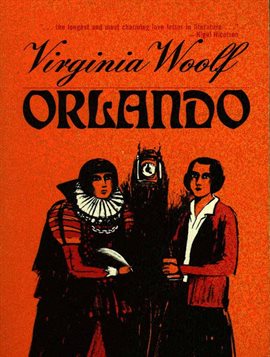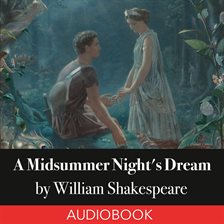Many a time I have been expounding on one of my favorite topics — classic literature — only to notice that my intended audience was edging toward the door with a trapped, hunted look in their eyes. After blocking exits and conducting interrogations interviews, I discovered why. Some people are under the impression that the label “classic” means a piece of writing is boring, Serious with a capital S, and designed to Teach a Lesson in the most ponderous way possible. As your Classics Maven, it is my unsolemn duty to dispel this notion by providing a list of books virtually guaranteed to elicit chuckles rather than furrowed brows.
 “Carry on, Jeeves” by P.G. Wodehouse was first published in 1925, but the humor is timeless. In these short stories, the resourceful, comically understated valet, Jeeves, saves the skin of his hapless employer, Bertie Wooster, time and again. In the process, Jeeves often advances his own agenda in some way. Wodehouse had a genius for turns of phrase — “shrubbery that looked as if it had just come back from the dry cleaner” to describe a meticulously groomed garden, for instance.
“Carry on, Jeeves” by P.G. Wodehouse was first published in 1925, but the humor is timeless. In these short stories, the resourceful, comically understated valet, Jeeves, saves the skin of his hapless employer, Bertie Wooster, time and again. In the process, Jeeves often advances his own agenda in some way. Wodehouse had a genius for turns of phrase — “shrubbery that looked as if it had just come back from the dry cleaner” to describe a meticulously groomed garden, for instance.
Mirth was in the air in the 1920s. The same decade saw the  publication of Virginia Woolf’s novel, “Orlando,” a satire that has subsequently laughed its way to several stage and screen adaptations. The title character is a nobleman in the court of Elizabeth I until the age of 30. After that, Orlando spends the next 300 years as a woman, which gives her an abundance of opportunities to interact with famous authors, engage in numerous affairs of the heart, and poke fun at stereotypes.
publication of Virginia Woolf’s novel, “Orlando,” a satire that has subsequently laughed its way to several stage and screen adaptations. The title character is a nobleman in the court of Elizabeth I until the age of 30. After that, Orlando spends the next 300 years as a woman, which gives her an abundance of opportunities to interact with famous authors, engage in numerous affairs of the heart, and poke fun at stereotypes.
 Another enjoyable way to laugh at human nature is to present it through the eyes of an animal, as Soseki Natsume did in the serialized stories he wrote for the Japanese literary magazine “Hototogisu” in 1905 and 1906. The book version of “I Am a Cat” was translated into English by Aiko Ito and Graeme Wilson. The cat in question resides in the house of a pompous school teacher and makes sly observations about the foibles of his master, along with society at large. He shares a few of his own misadventures, too, as he battles rice cakes, discovers the drawbacks of various sleeping spots and so forth.
Another enjoyable way to laugh at human nature is to present it through the eyes of an animal, as Soseki Natsume did in the serialized stories he wrote for the Japanese literary magazine “Hototogisu” in 1905 and 1906. The book version of “I Am a Cat” was translated into English by Aiko Ito and Graeme Wilson. The cat in question resides in the house of a pompous school teacher and makes sly observations about the foibles of his master, along with society at large. He shares a few of his own misadventures, too, as he battles rice cakes, discovers the drawbacks of various sleeping spots and so forth.
To wrap up, I feel the need to remind everyone that William Shakespeare wrote a plethora of comedies. “A Midsummer Night’s Dream” is, in today’s parlance, a romcom, but on an epic scale. “The course of true love never did run smooth,” and the interference of magical fairies in human relationships complicates things further. Schemes are hatched, supernatural pranks are pulled, misunderstandings ensue, and someone briefly has his head replaced with that of a donkey. All in all, quite a fun frolic.
William Shakespeare wrote a plethora of comedies. “A Midsummer Night’s Dream” is, in today’s parlance, a romcom, but on an epic scale. “The course of true love never did run smooth,” and the interference of magical fairies in human relationships complicates things further. Schemes are hatched, supernatural pranks are pulled, misunderstandings ensue, and someone briefly has his head replaced with that of a donkey. All in all, quite a fun frolic.
The next time you hear me utter the word “classic,” please keep in mind that merriment is likely to follow.



